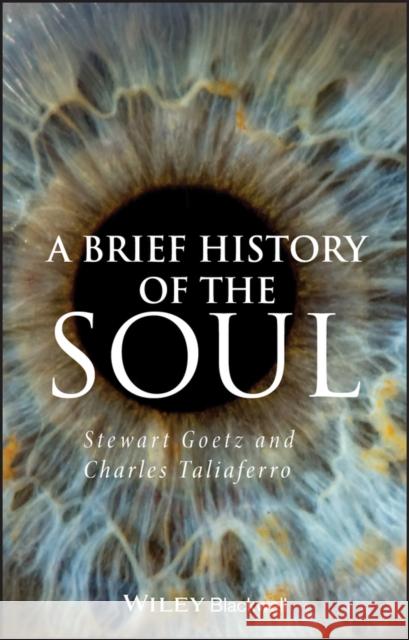Brief History of the Soul » książka
topmenu
Brief History of the Soul
ISBN-13: 9781405196321 / Angielski / Miękka / 2011 / 238 str.
This book is a clear and concise history of the soul in western philosophy, from Plato to cutting-edge contemporary work in philosophy of mind.
- Packed with arguments for and against a range of different, historically significant philosophies of the soul
- Addresses the essential issues, including mind-body interaction, the causal closure of the physical world, and the philosophical implications of the brain sciences for the soul's existence
- Includes coverage of theories from key figures, such as Plato, Aquinas, Locke, Hume, and Descartes
- Unique in combining the history of ideas and the development of a powerful case for a non-reductionist, non-materialist account of the soul











